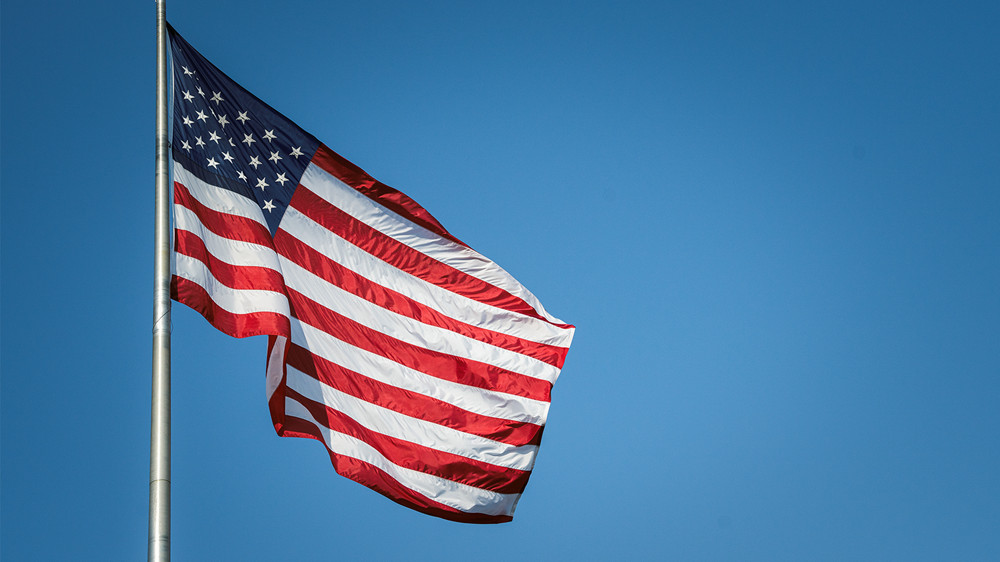Player protection in the U.S. has been in the spotlight of not just the sports betting industry recently, but also the media, lawmakers, and the general public. Seven leading operators formed the Responsible Online Gaming Association to support best practices, while one federal US lawmaker has called for investigation into VIP programs.
Both state and local lawmakers and regulators are reviewing advertising and marketing limits, along with bans on college prop bets. Dr. Michael Auer, Founder and Managing Director of OpenBet’s Neccton, shares some of the approaches that have developed over his 18-year career to help U.S. operators reinforce responsible play with their customers.
From lagging behind to leading the way
U.S. sports betting continues to boom. With the explosive growth of this market – and with online casino in the offing – player protection rightfully has become the industry’s top priority. However, as the sports betting market matures, so too must our ability to integrate responsible gambling tools into the player experience.
Figures from one operator recently revealed less than 2.3% of its customers voluntarily used deposit limits and fewer than 1% set time limits. Prioritizing cutting-edge, evidence-based responsible gambling tools that are integrated is not just the ethical decision, but the key to the long-term sustainability of gaming industry.
According to our knowledge, New Jersey is the only U.S. state to have a list of behavioral indicators for operators to monitor risk, such as chasing losses, deposit frequency, and using multiple payment methods. While other states do require certain RG programs and tools to be available, the regulations and policies largely turn on players opting into certain tools. And based on recent reports, we know players are not doing so.
At present in the U.S., and to some extent in other countries, operators only need to take action when a player is demonstrating serious markers of harm. At that point, only major interventions will protect the player, and there have been many missed opportunities to engage with the player and find a way to keep their gameplay safe. However, there is a better way.
Tailored interventions, transformed future
We’re all familiar with the responsible gaming tools such as deposit limits, loss limits, time limits and cool-down periods, along with more sophisticated features such as real-life messaging and reality check pop-ups. Further measures such as self-exclusion can be employed by players who identify a problem with their betting behavior. Yet despite widespread availability of these tools on sports betting platforms, we continue to struggle with player adoption.
It does not have to be this way. OpenBet’s behavioral tracking research uses the anonymized dataset of 175,818 players to suggest that the bettors who set limits are 18% more loyal than those who do not. In fact, a year on, players who set limits were still active customers compared to those who avoided the initiative. Further research by Professor Mark Griffiths and I has revealed personalizing responsible gaming messaging increases its effectiveness by 100%. These stats cannot be ignored.
Operators can easily increase how many players engage with certain features such as limits and reality checks. In a recent study, we nudged online players to withdraw money after they had won a significant amount. They were nudged through personalized messages which included a direct link to the payout page.
We found that 38% of players who read a personalized message nudging them to withdraw money did. The control group that didn’t receive this message saw only 14% withdraw money. With these results, we have shown it is easy to promote responsible gaming and have players engage with these tools if you personalize them and make them visible.
When artificial intelligence, such as that powering Neccton’s player protection solutions, is integrated it has the ability to proactively identify issues. It scans user data to catch early signs of problematic gaming behavior and learns from it. The most promising thing about this is its ability to tailor interventions based on individual player profiles, meaning they receive guidance and limits that are personalized just for them, courtesy of AI algorithms. We are very much in a new era of responsible gaming and evolution is key.
The road ahead
There should be a degree of optimism about what responsible gaming has to offer in the future. U.S. consumers are used to engaging with tools in daily life, from the use of Netflix alerts, spending tracking on Amazon or email notifications. So, gaming should not be any different. In gaming, the stakes are arguably higher, but integrated tools can significantly reduce risk before problems develop.
Further research continues to take place and if U.S. operators can work alongside researchers to embrace the most current findings, the player protection measures they employ will stay relevant and useful as technology evolves.
There is still some way to go, but making player protection a central tenant in the growth of the U.S. online gaming industry is the key to the long-term sustainability and success of the market.













